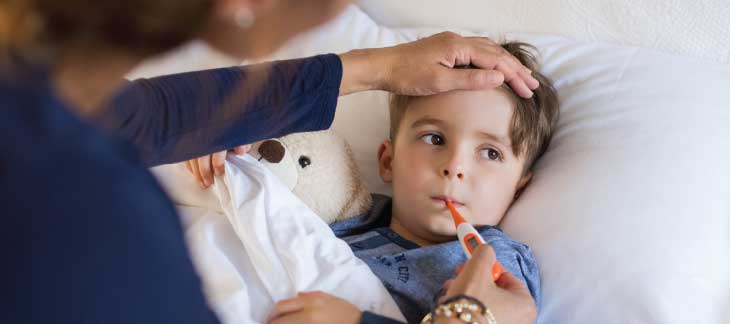
Over the past several decades, parents and physicians have observed that some children with ASD improve when they have a fever, only to regress afterward. Those anecdotes suggest that an intervention that duplicates a fever might also calm ASD symptoms—and perhaps provide insight into ASD’s underlying causes as well. Hence an experimental therapeutic trial using the pig whipworm Trichuris suis made sense.
“Fevers are typically a response to inflammation and immune-system arousal,” says Eric Hollander, M.D., who leads the Einstein-Montefiore effort to find new ASD therapies. “Previous trials had suggested that T. suis infections in people can tamp down those processes, both of which are overactive in ASD. T. suis seems to reduce inflammation by normalizing the excitatory/inhibitory balance in nerve signaling, which we consider essential for effective ASD therapies.”
Dr. Hollander and his colleagues carried out a double-blind, 12-week crossover trial involving 10 young adults with ASD. Half the participants first swallowed 2,500 whipworm eggs every two weeks for 12 weeks and then took a matching placebo for the next 12 weeks. The other five participants were treated in reverse order—first the placebo and then the whipworm eggs. (When people swallow whipworm eggs, the worms that develop can’t penetrate the human intestine and don’t cause illness.) During the study, clinicians and parents assessed the participants for inflexibility, social withdrawal, and other behaviors associated with ASD.
Results were reported in 2018 in The World Journal of Biological Psychiatry. Overall, differences between the two groups were not statistically significant, but participants treated with whipworm eggs did show large reductions of repetitive behavior and irritability.